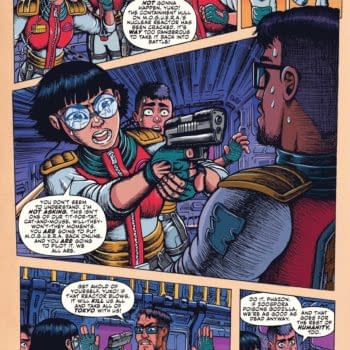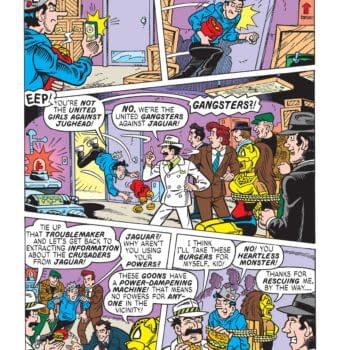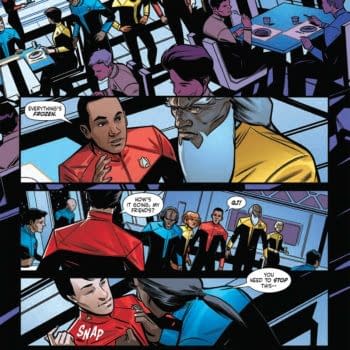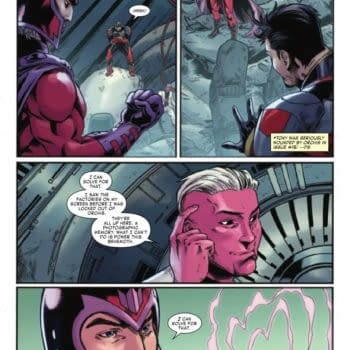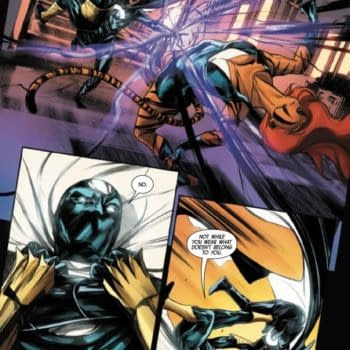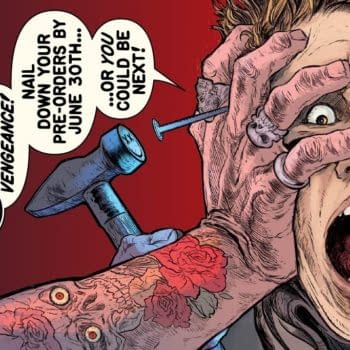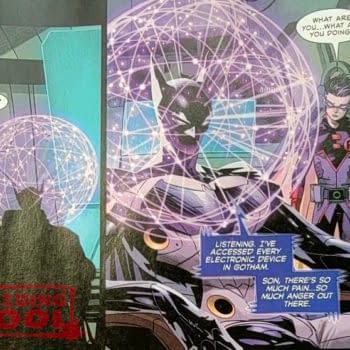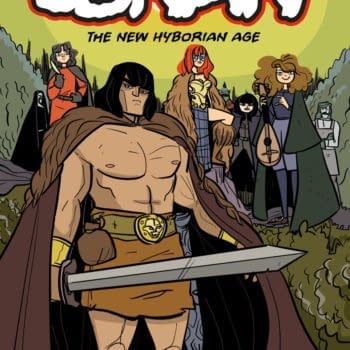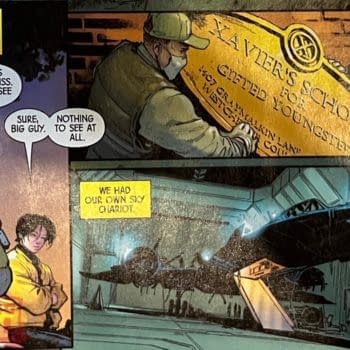Posted in: Comics, Marvel Comics | Tagged: chris claremont, marvel, x-men
Chris Claremont Reveals the Secret to Writing Single-Issue Comics
Legendary comic book writer Chris Claremont recently appeared on Reddit's /r/comicbooks community for an AMA. He answered questions from X-Men fans and, in doing so, inadvertently provided Bleeding Cool with essentially our entire Thanksgiving weekend's worth of comic book clickbait. To be honest, we're not sure why we love Chris Claremont more: because he created the single greatest comic book run of all time that has brought joy to our life for decades… or because he made it so we could take it easy on Turkey Day and not worry about writing comic book news articles. It's really a tough choice.
Asked whether he planned out his original X-Men run, Claremont instead explained the entire philosophy behind writing satisfying single-issue comic books.
"It depends," said Claremont. "You know, sometimes one structures things out quite a ways, but the problem with that is the unexpected. A storyline that might work with Artist A might not be as effective with Artist B. Or, a character might surface in the foreground or out of left field, and it might strike the artist's fancy or my fancy, and then perhaps you want to go down that road. Or, as sometimes happens, you write an issue that turns out to be a total dud—in which case Archie Goodwin's motto comes into effect: 'It's a POS, you've got 30 days to fix it.' Because that's comics as a medium."
"Yes, it's serial, yes you're going a certain direction, but you can make changes along the way," Claremont continued. "Going back to Stan Lee, and learning from the guy who built the universe. From Stan's perspective, issues were single issues—they proceed, they come to an end. That doesn't mean the characters don't progress, but each issue itself is self-contained because back then, the distribution sucked, and as a reader, you could never guarantee when you got the next issue. So you would need to find a way to play in that reality. But, as Stan would say, if it's a great concept, you can get two-issues, like 'Days of Future Past.' But the last five pages have to be something to tease you back for the next issue."
It all comes down to the differences between the comic book industry of today and the comic book industry back in the day. Back then, comics were famously written with the idea that any comic could be somebody's first. Today, comic book publishers have essentially accepted that new readers simply don't exist, or at least won't exist in high enough numbers to warrant catering to them.
Chris Claremont continued: "The point is, is that I learned to write comics in a world where you had to balance and hook people with enthusiasm, but you also had to bear in mind that the newsstand might not get every issue in sequence. So, every issue has a new reader, and you have to establish who the characters are, what the reality is. That's why in MARVEL TEAM-UP #100, which introduced Karma, the first five pages are seeing what her possession can do. She's never seen Spider-Man before, but she's discovering what he can do through brilliant visuals. But along the way, as she discovers what's going on, so do the readers. You have readers saying, "I've read Spider-Man for 50 years, I know all this shit!" But for new readers, they come in and want to read new stories, maybe they head over to TEAM-UP or AMAZING SPIDER-MAN, and they'll start reading that book. The point is we take nothing for granted. Yes, established readers might find it a little boring, but we take it from the perspective that if we sell 100 issues this month, we want to sell 110 next month. And maybe, when you have a big event issue with a cool new artist, you can suddenly find yourself selling 7.9 million. That's the idea."
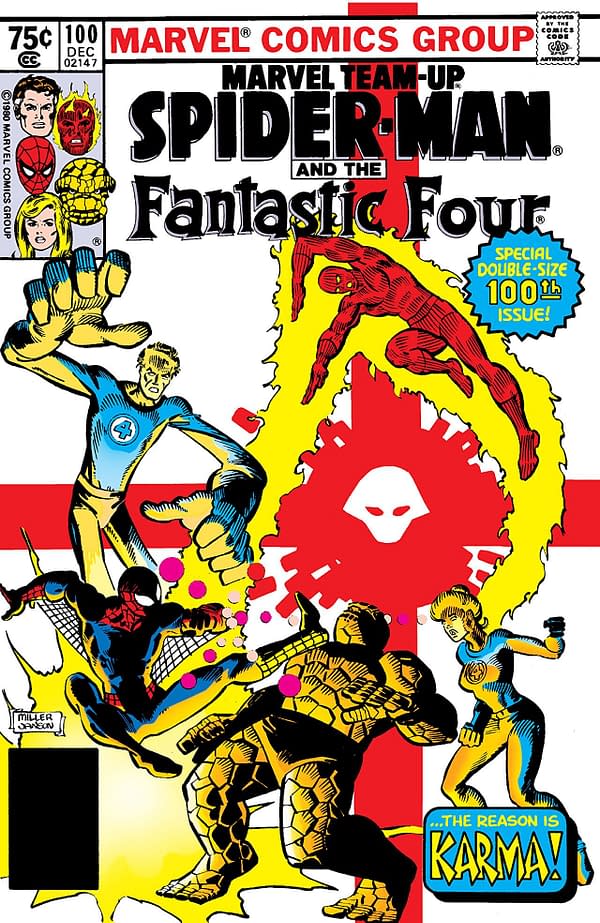
"Each issue is a step up an infinite ladder that will make it better for the creators, for the company, and in a little way for the characters," said Claremont. "And to bring in as many readers as humanly possible. Because if they buy it, maybe they'll tell their friends. But if I'm going to create a character that's the next best thing since a comfy chair, I want the sales to justify that. I want it to come out and be Avengers: Endgame and sell 3 billion dollars at the box office. Is that greedy? Yes, but I have enough faith in my characters that the readers get an equal amount of satisfaction. And come back and tell their friends."
Unfortunately, comic book publishers don't have that same faith these days. Instead, the entire business seems to be geared toward bilking more money out of the same existing, aging, and shrinking fanbase through cheap tactics like variant covers, super-mega-crossover events, shocking deaths and resurrections, and number one issue reboots.






